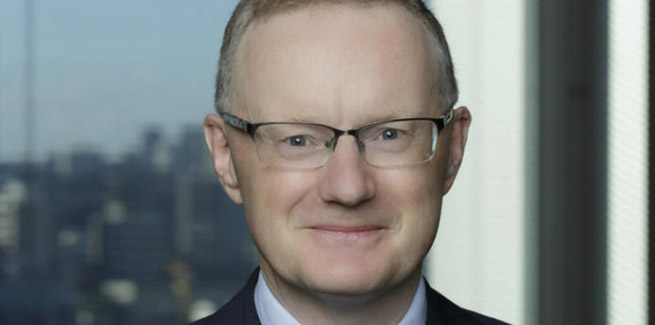On Tuesday (7 June), the Reserve Bank of Australia (RBA) decided to lift the cash rate by 50 bps, from 0.35 per cent to 0.85 per cent, which followed its 25-bp increase the month earlier. The move marked the largest increase in the cash rate since 2000, from its historic low of 0.1 per cent.
The faster-than-anticipated increases came as a shock, with many economists predicting a June rise between 25-bps and 40 bps, after the RBA considered the options in May.
Speaking to the ABC’s Leigh Sales about why the RBA moved interest rates so hard Philip Lowe said the inflation rate was too high and decisive action to “normalise monetary conditions” must be taken.
“We had emergency settings during the pandemic, I think that was the right thing to do, but the emergency is over. And it’s time to remove the emergency settings and move to more normal settings of monetary policy,” he said.
“The other consideration was that inflation is high. At the moment it’s 5 per cent and by the end of the year I expect inflation to get to 7 per cent. That’s a very high number and we need to be able to chart a course back to 2 per cent to 3 per cent inflation. I’m confident we can do that but it’s going to take time.
“Australians need to be prepared for higher interest rates.”
Noting the RBA’s inflation target is between 2-3 per cent, Mr Lowe said it’s reasonable to consider the cash rate will get to 2.5 per cent “at some point”.
“How fast we get to 2.5 per cent, and indeed whether we get to 2½ per cent, is going to be determined by events,” he said.
“An interest rate of 2.5 per cent in inflation-adjusted terms is a real interest rate of zero, which in historical terms is a very low number. And I would expect that over time we want an average inflation adjusted interest rate to be more than zero.”
Inflation will come down, as rates rise
While Australia has a history of a flexible inflation target, he said the RBA was committed to ensuring it returns to 2-3 per cent, regardless of mortgage constraints.
“We’ll do what’s necessary to get inflation back to 2 to 3 per cent. And it’s unclear at the moment how far interest rates will need to go up to get that,” Mr Lowe said.
Given the economic factors driving the rise in inflation will begin to change, as we move into a post-pandemic era Mr Lowe said the headline rate of inflation should slow.
“We’re seeing the global economy respond to some of the supply-side problems – that will help bring prices down, at least the rate of inflation down.
“At the moment, the spending pressure in the economy is putting pressure on capacity. Almost every business that I speak to says it’s very hard to hire workers. So the current rate of spending in the economy is putting pressure on the capacity of the economy.
“When there’s a lot of pressure on capacity, prices go up and higher interest rates will establish a better balance between spending and the ability of the economy to produce goods and services.
“Over time, higher interest rates will get a better balance there.”
While Mr Low anticipates that rate will go down by the first quarter of 2023, he said to expect a peak of 7 per cent by the end of the year.
“By the time we get into the second half of next year, inflation will clearly be coming down, but in the first quarter, we’ll see lower rates of headline inflation,” he said.
Increase in rate will sting some households
While the RBA does not base its decision on the property market, it does consider how many households will be impacted by the rising interest rate environment.
Given the skyrocketing house prices seen over the past two years, and associated mortgage debts, coupled with further rate hikes it may come as no surprise that housing affordability is expected to worsen, according to the Real Estate Institute of Australia (REIA).
The REIA found the proportion of income required to meet mortgage repayments increased by 0.2 percentage points to 37.3 per cent, over the March quarter.
Noting the increase in mortgage repayments required for many Australians, Mr Lowe said the RBA understands the current increases are putting pressure on some families’ budgets.
“They’re coping with higher interest rates, higher fuel prices, higher food prices, so we know already for some households they are finding it difficult,” Mr Lowe said.
“I also know there are some households who welcome higher interest rates. So different households are in different positions, and the Reserve Bank staff spend a lot of time trying to understand that.
“At the end of the day, though, our responsibility is a national one. We want to make sure that inflation is low and stable, the country gets to full employment, the financial stability of the country is preserved.”
[Related: RBA considered 40-bp cash rate raise]
 ;
;
